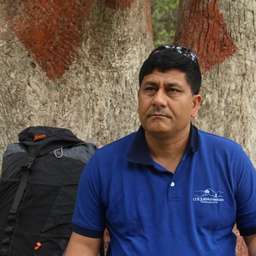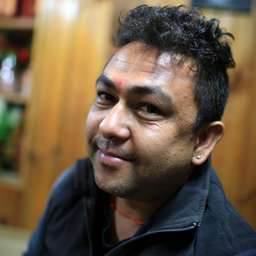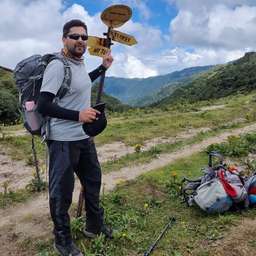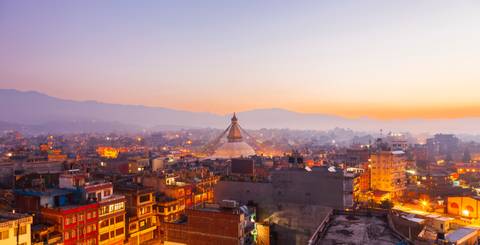Tours and Trip Packages to Mera Peak in November 2027
Traveling to Mera Peak in November 2027? We offer 10+ tours, trips and vacation packages to Mera Peak in November 2027. Our Mera Peak in November 2027 tour packages and trips have 80+ customer reviews. All the Mera Peak November 2027 tour packages and trips are carried out by hand-picked, qualified local and international Mera Peak tour operators.




